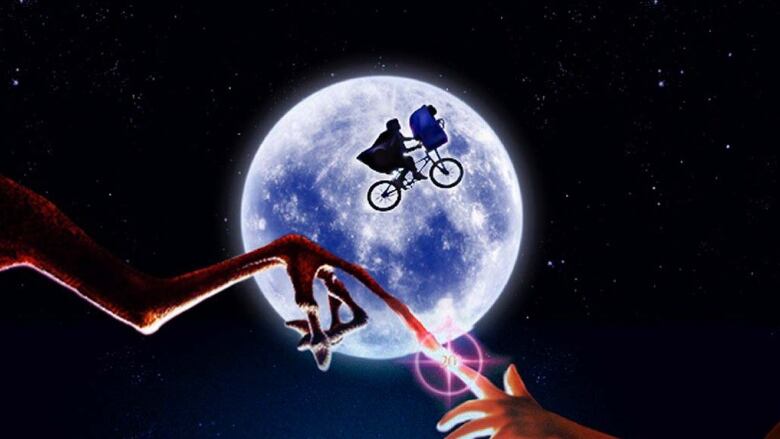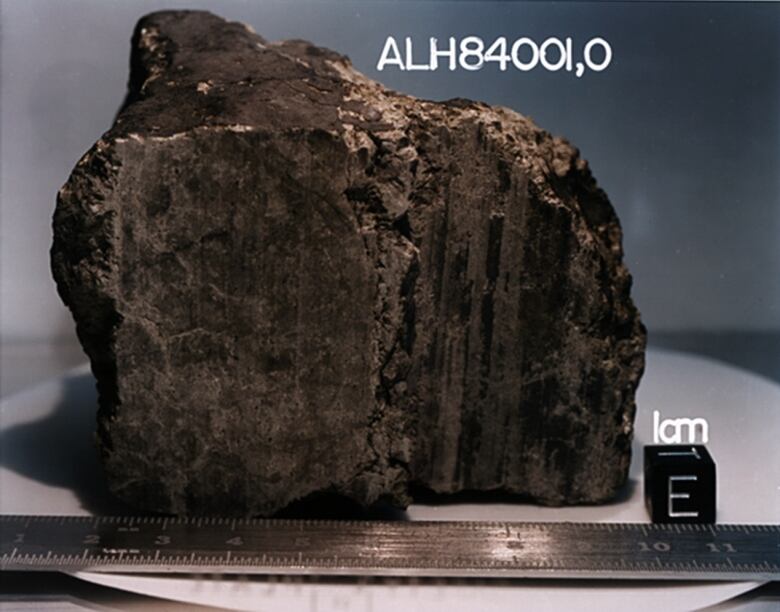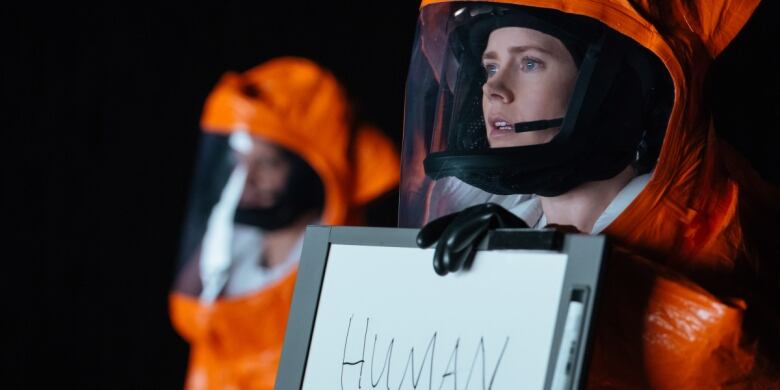Alien contact? Don't jump the gun: Bob McDonald
There exists a protocol among astronomers for the detection of alien life, in whatever form it is found

According to two astronomers from Quebec, unusual signals coming from 234 sun-like stars suggest that alien civilizations could be reaching out for contact. If true, this would have a profound effect on our understanding of our place in the universe. But we can't rush to that conclusion without further work.
The odds of life existing beyond Earth are actually very good, considering a recent survey of nearby starssuggests every star in our galaxy likely has planets. That means there could be half-a-billion to one trillion planets in the Milky Way alone, and our galaxy is only one of a couple trillion galaxies in the universe.To think that we are the only life, or the only intelligent life, in that vast space is somewhat arrogant on our part.
Yet despite the incredible odds, we have not found a single microbe on Mars, a single strand of alien DNA, or asingle artifact on Earth that can be proven to be alien technology, flown here in a UFO. If these signals from space actually are from intelligent civilizations sent out across the galaxy to announce their presence (as we have done), how do we deal with that information?

There exists a protocol among astronomers for the detection of alien life, in whatever form it is found. That protocol says the first step is to prove absolutely it is extraterrestrial before making any announcement.
Proclamations of finding alien life too early can backfire, as happened in 1997 when NASA and U.S. President Bill Clinton announced the discovery of a micro-fossil in a meteorite that had come from Mars, proving we are not alone in the universe. Immediately, other scientists claimed that similar worm-like formations could be caused by geochemistry instead of biology. The debate continues to this day.
Should we respond to alien contact?
Among the first unusual signals detected as coming from space was in 1968, when astronomer Jocelyn Bell Burnell spotted a regular series of pulses coming from one spot in the sky with a clockwork regularity of 1.3 seconds. She jokingly named it "LGM-1" for "Little Green Men." It was later renamed "Pulsar," which turned out to be a new type of rapidly spinning star that sends out a sweeping beam, like a lighthouse, and began a whole new division of astronomy.
Whenever a new discovery is made in science, the first task is to try to disprove it by asking colleagues to try for the same results. It is during this process of peer review that mistakes are found or other sources of the mystery identified. The Quebec scientists are asking for a review of their discovery. So far there is interest mixed with a little skepticism among other astronomers. But that's how science works.

If the signals from space do turn out to be from another civilization, the first step would be to determine if there is a message in it. Perhaps there is a pattern in the pulsation that represents a mathematical code, or a series of pulses create a picture when assembled in a certain way. That could tell us something about who they are and it would probably be the most interesting picture ever seen. Aliens are not likely to look like us.
Then there is the possibility of answering their call. Should we send a signal back to say "Hello" or "Message received?"
There are people, including famous astrophysicist Stephen Hawking, who believe we should not give ourselves away in case the aliens have evil intentions to wipe us out, steal our resources or consider us food.
It is that kind of attitude that makes astronomers cautious about announcing the discovery of alien contact too soon. They don't want to instil fear, and they certainly don't want to cry wolf if the signal turns out to be false.
But searching for that signal is still worth pursuing because the universe would be a very large, empty, lonely place if we were the only ones in it. And if we are not alone, it would be nice to know where we fit into the grand scheme of things.












_(720p).jpg)


 OFFICIAL HD MUSIC VIDEO.jpg)
.jpg)



























































































